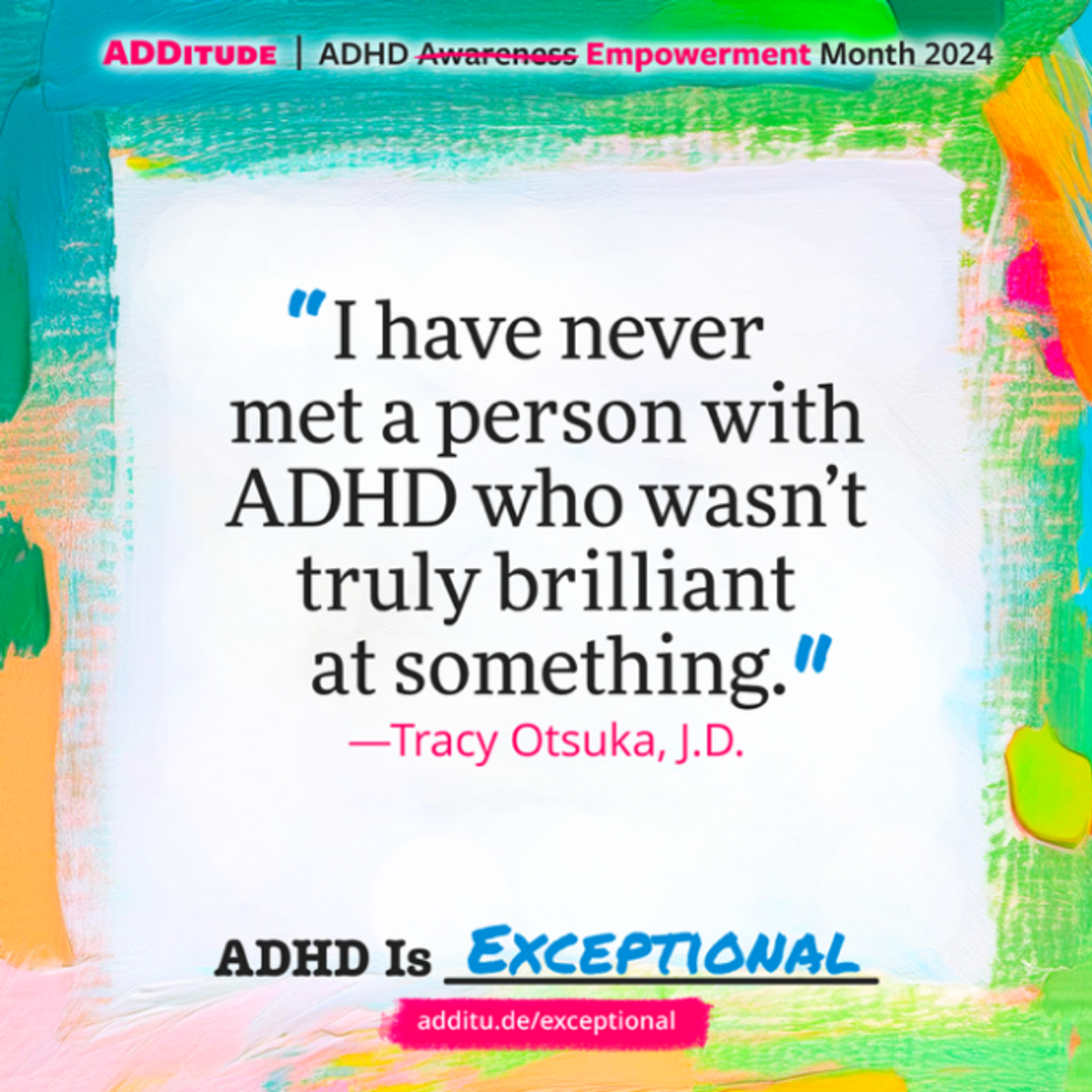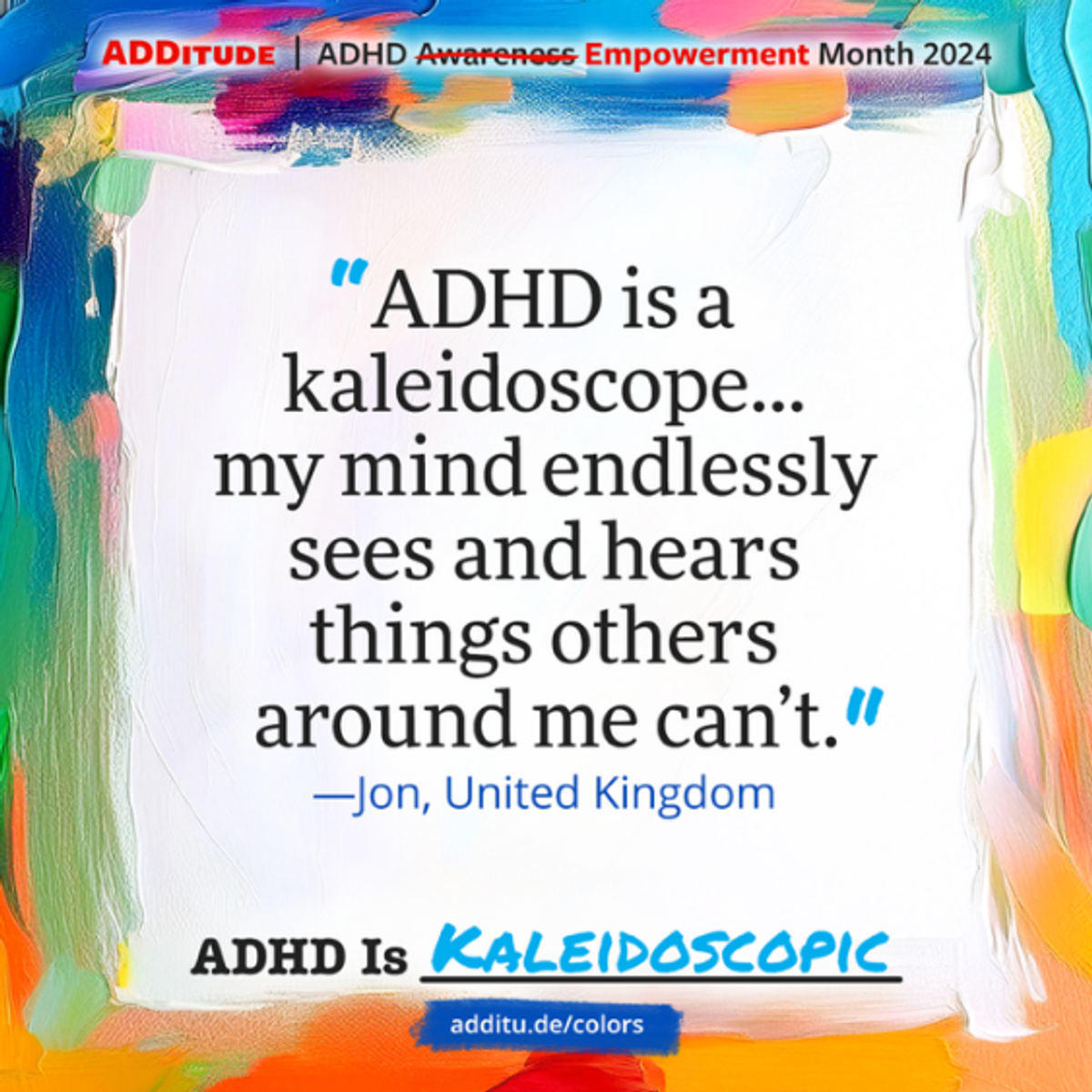Wellbeing

ADHD EMPOWERMENT MONTH
October is ADHD Awareness month! People with ADHD often report feeling misunderstood due to misconceptions about their diagnosis. Noticeable areas of concern for young people with ADHD can include difficulties in school engagement, behaviour, organisation, overwhelm, emotional regulation, self-esteem, anxiety, risk taking, disordered eating and more. No one person is the same and females typically present differently to males. Supporting increased awareness is key to assisting these young people who can struggle with their symptoms of ADHD.
So, what more is there to know about ADHD? ADHD, Attention Deficit Hyper-Activity Disorder is associated with learning difficulties, however, to the contrary often a higher IQ than a neurotypical nervous system. Excellent for outside the box thinking, problem solving, creativity and sport.
In the right environment, with the right supports, ADHD can look like; an intelligent and intuitive individual with a strong sense of justice - someone who is passionate, curious, determined, optimistic, generous, creative, and enthusiastic.
ADHD Categories:
- Inattention (internal): Trouble focusing, easily distracted, forgetful or losing items, sensitive, makes mistakes or not finishing tasks, over thinking and exhaustion.
- Friendly, empathic, loyal, aims to please, sees good in people.
- Hyperactive-impulsive (External): Fidgety, restless, easily bored, impulsive, risk taking, trouble regulating emotions, excessive talking or talking over the top of others.
- Entrepreneurial, loves a challenge, on the go, multiple interests, enthusiastic, comical.
- Combined: A combination of inattention, hyperactivity, and impulsivity
Attention Deficit?
ADHD is not a deficit of attention; rather, people with ADHD pay attention to everything, making it almost impossible to focus on specific tasks at specific times. The classroom environment is particularly challenging due to external distractions.
‘Hyperfocus’ is a term used to describe intense concentration on topics of interest for extended periods, often leading individuals to forget to eat, drink, or go to the bathroom. While individuals with ADHD may experience ‘the zone’ a few times a day, especially when their executive function is functioning well, this state is not something they can simply switch on and off at will.
Techniques to support motivation and achieving goals:
PREPARE: Ensuring your young person has slept well, had something to eat and drink and they are in a regulated state.
PURPOSE: Help them understand the why and importance.
PRIORITY: Why it needs to be complete by a specific time.
PROVIDE Interest: Incentive / reward, time challenge, positive encouragement.
PREVENT Overwhelm: Write a step-by-step list in priority order, tiny steps.
PRAISE: Let them know that you are grateful, and reward as agreed.
Common Co-existing Conditions
Anxiety, depression, specific learning difficulties (literacy / numeracy), OCD, sensory processing, and ODD.
The neurodivergent umbrella includes ADHD, autism, dyslexia, dyspraxia, dyscalculia, dysgraphia, and Tourette’s.
Navigating the System
Navigating the ADHD support, treatment and diagnosis process can be frustrating, lengthy, and costly. It is important to find GP’s, psychologists, paediatricians, psychiatrists, counsellors, occupational therapists, tutors, arts therapists, and adults who are well versed with ADHD. This will ensure that the process is as efficient as possible.
Resources
https://adhdfoundation.org.au/
https://www.adhdaustralia.org.au/



